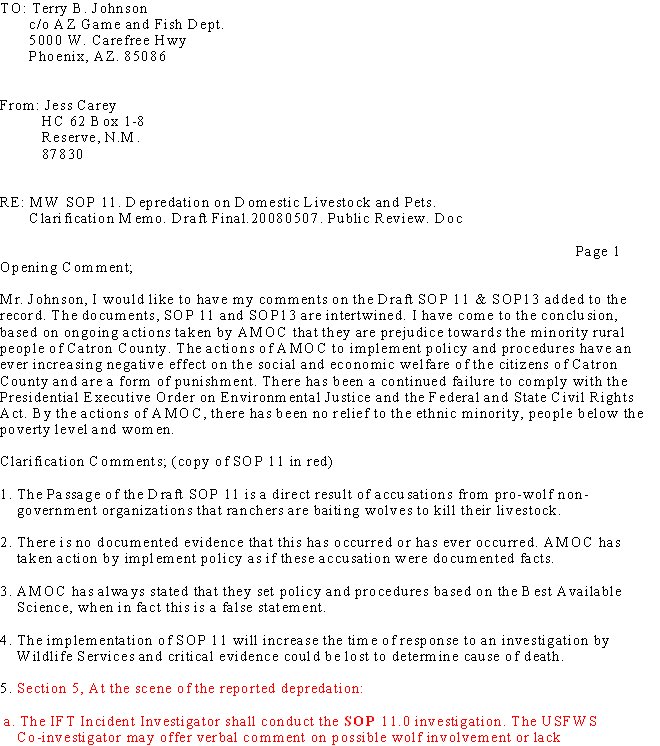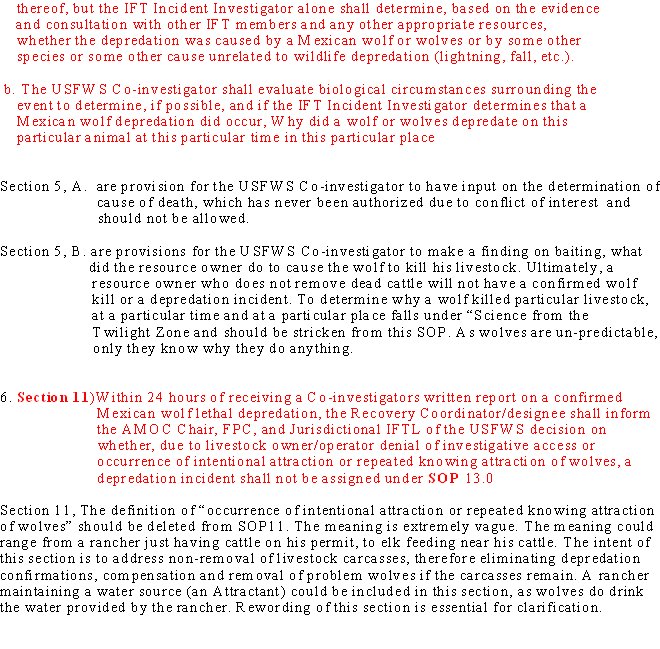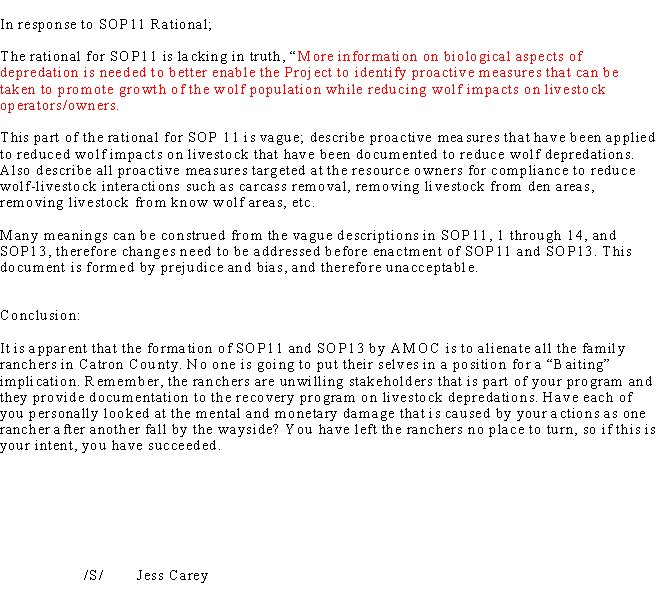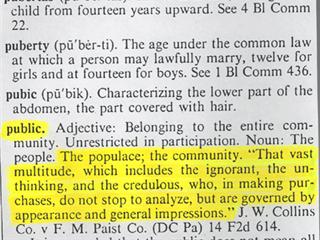Pensacola News Journal, 2007. Thanks to R L for keeping this in his files.
Court victory goes beyond blocking local bond issue
Paul Flemming
News Journal capital bureau
Gregory Strand is an unlikely rabble rouser.
Unassuming, bespectacled and quiet, the 55-year-old Escambia County veterinarian has nonetheless stirred things up by taking his abiding opposition of government borrowing to the state's highest court.
On Sept. 6, the Florida Supreme Court issued a more favorable result than even he had anticipated when he challenged a $135 million Escambia bond issue to widen Perdido Key Drive.
"I don't think anyone said to me we can win this. They said it's worth a try," he said.
The court's unanimous ruling directly blocked the Perdido Key project, riled financial markets, reversed more than a quarter century of established law and caused school and local government officials around the state to make like their hair is on fire.
It also called into question the future of development on the key.
On Sept. 7, the day after the high court's ruling, the Perdido Key Association filed its objection to the Escambia County Commission's efforts to override the building cap on the key, a coastal high-hazard area.
Kerry Anne Schultz, a Gulf Breeze attorney who represents the association and Strand, said that without the bond to widen Perdido Key Drive, expanded development on the key is prohibited.
"They're trying to eliminate the cap on dwelling and lodging without having a financing scheme now and not having the appropriate level of services," Schultz said. "Once you lift the cap, both dwelling and lodging, then you have the issue of free-for-all development."
Strand is pleased that the court ruling was in keeping with his political philosophy.
"I'm very conservative. I don't think excessive borrowing benefits anyone ? individuals, businesses or governments," he said. "I feel that an elected official should have the ability to budget the money that comes in while he is in office and not spend all the money that the future county commissioners will have."
The court's ruling is subject to motions for rehearing and clarification brought by Escambia County and associations for cities, counties and schools.
Still, it appears that Strand's suit will have a lasting effect.
"He was not trying to change the world," said Byron Keesler, a fellow officer of Escambia County Citizens Coalition who appears with Strand on a semiweekly public access show on BLAB-TV, "Citizen's Voice." "He was not trying to change the borrowing authority for the entire state."
Questions of growth
Strand, an Iowa native, came to Escambia County in 1979.
He opened his Scenic Hills Veterinary Hospital on Nine Mile Road in a converted double-wide trailer. Across the street were pasture and cattle that he planned to care for.
But Pensacola boomed out to and around him, so now his veterinary hospital is in the midst of commercial development. He and his seven associates care primarily for family pets.
"The large animals moved farther and farther out," he said.
As commercial development came to surround the clinic, Strand became more and more interested in transportation and growth policy.
He joined various boards and commissions, including the citizen's advisory committee of the Transportation Planning Organization of the West Florida Regional Planning Council.
In December, the Escambia County Commission fired him from that unpaid position.
Strand, by then, had filed his lawsuit challenging the commission's bond for the road-widening on Perdido Key.
He brought the suit as a member of the Perdido Key Association, although he lives near the Scenic Hills Golf & Country Club off Nine Mile Road.
Strand acknowledges that commissioners see him as a hindrance.
"I've certainly made trouble for them," he said.
But he said of his lawsuit: "It was necessary if you feel that the course was not valid. There was no choice but to make trouble for them."
County Commissioner Mike Whitehead sees it from a different perspective.
"Anything we were proposing, he was just adamantly opposed to,'' he said. "I can't think of an original idea he's come to the commission with. It's easy to be against everything."
The road project was to be paid back by selling tax increment financing bonds, or TIFs, which are backed by property taxes generated from redevelopment and improvement programs. TIFs are commonly used by community redevelopment agencies to pay for such things as downtown revitalization and improvements in economically depressed areas.
Escambia County sought circuit court validation of the road bond, "in an abundance of caution," according to County Attorney Janet Lander.
That gave Strand his opening.
"The county here was pushing the envelope," said David Theriaque, a Tallahassee attorney and part of Strand's legal team.
The Supreme Court unanimously overturned a 1983 precedent case and concluded all TIFs must get voter approval.
The ruling also raises the possibility that all borrowing that depends on future property taxes requires public referendums.
That has school boards around the state, who have borrowed more than $12 billion, worried. Board officials say the ruling could halt school construction for up to a year while districts gear up for elections, if required.
Escambia County, the Florida School Boards Association, Association of Counties, League of Cities and Redevelopment Association have been granted oral arguments before the court to seek rehearing and clarification, in part because of concerns they raised about those consequences.
The Supreme Court's ruling also called into question financing for the proposed $70 million Community Maritime Park on Pensacola's waterfront.
The project was to be paid for with bonds repaid from property taxes raised by the Community Redevelopment Agency for a portion of downtown Pensacola.
Pensacola City Attorney John Fleming concluded the court's ruling could require a countywide vote for the Community Maritime Park, already approved by city voters.
That would suit Strand just fine.
"We should pay as we grow. That's the main issue with the Maritime Park. The (Community Redevelopment Agency) should spend cash," he said.
No cheap fight
Strand won't say how much he's spent in his legal fight.
"This has not been cheap," said Theriaque, his lawyer. "He's taken on the proverbial city hall."
Escambia has spent $19,512 on the case so far, County Attorney Lander said.
But Strand is not doling out money for glory.
"The last thing he would do is to try and draw attention to himself," Keesler said. "If he perceives something is not right, he will speak his mind on it. He is not one who enjoys being in the spotlight. He's certainly not a grandstander."
Strand, a member of the Escambia Republican Executive Committee, said a fundamental sense of fairness prompted him to pursue the case.
"It didn't seem like it was fair, and generally when things aren't fair, they're also not legal," he said.
And while he's not popping champagne corks over the decision, he is aware of the legacy the ruling could have and how the court's decision could at least require voters to approve borrowing money that will be repaid by their children.
"I have no children, which is probably part of the reason we did this," he said.
Posts and Comments from Readers
Please include yourself in the discussion. Post a comment.
Monday, August 11, 2008
Man wasn't out to change state
Labels:
Bond Issues,
Economic Development,
Pensacola
Subscribe to:
Post Comments (Atom)



















.jpg)


















No comments:
Post a Comment